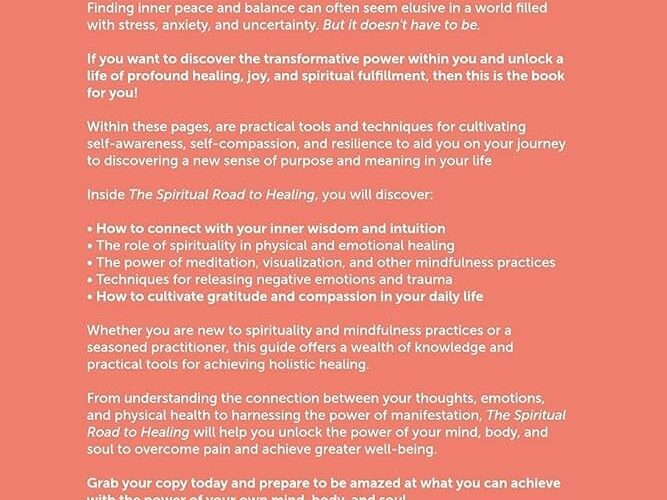Techniques for mindful meditation and self-awareness include focusing on the breath and practicing non-judgmental observation of thoughts and emotions. These techniques help individuals cultivate present-moment awareness and increase their understanding of their inner experiences.
By paying attention to the breath, individuals can anchor their awareness in the present moment, fostering a sense of calm and reducing mental chatter. Non-judgmental observation involves observing thoughts and emotions without labeling them as good or bad, allowing individuals to develop a greater understanding of their inner landscape.
Incorporating these techniques into daily life can lead to improved self-awareness, increased emotional regulation, and enhanced overall well-being.

Credit: www.kobo.com
Techniques To Cultivate Mindful Meditation
Mindful meditation and self-awareness can be cultivated through various techniques. To create a calm environment, find a quiet space without distractions. Focus on breath awareness, paying attention to each inhalation and exhalation. Practice body scan meditation, systematically scanning your body for tension or sensations.
Engage in loving-kindness meditation, directing loving thoughts and well wishes towards yourself and others. Utilize guided visualization techniques, where you imagine peaceful scenes or positive outcomes. By incorporating these techniques into your meditation practice, you can enhance your self-awareness and cultivate a mindful mindset.
Embrace the present moment, acknowledging and accepting your thoughts and emotions without judgment. Make meditation a regular part of your routine to experience the benefits of mindfulness in your daily life.
Benefits Of Mindful Meditation
Mindful meditation offers numerous benefits, including reducing stress and anxiety, improving emotional well-being, enhancing self-awareness and presence, strengthening concentration and focus, and promoting mind-body connection. By practicing mindfulness, individuals can learn to observe their thoughts and feelings without judgment, allowing them to better manage stress and cultivate a sense of calm.
This practice also improves emotional well-being by increasing self-acceptance and compassion towards oneself and others. Additionally, mindful meditation enhances self-awareness, helping individuals become more attuned to their emotions, thoughts, and physical sensations. This increased awareness allows for better decision-making and the ability to respond rather than react in situations.
Moreover, by focusing on the present moment, mindfulness strengthens concentration and focus, improving productivity and performance. This practice also encourages the mind-body connection, promoting overall well-being and a sense of balance in life.
Self-Awareness Techniques For Inner Serenity
Self-awareness is crucial for finding inner serenity. Embrace non-judgmental observation techniques, allowing thoughts to arise naturally. Develop emotional intelligence to better understand and regulate emotions. Practice mindful eating, savoring each bite and being present in the moment. Engage in reflective journaling to gain insights and self-reflection.
Cultivate gratitude and acceptance, appreciating the present and finding peace within. By incorporating these techniques, you can deepen your mindfulness practice and enhance your self-awareness, leading to a greater sense of inner tranquility and well-being.
Conclusion
Mindful meditation and self-awareness are powerful tools that can enhance our overall well-being and transform our lives. By dedicating time to practice mindfulness, we can cultivate a deeper understanding of ourselves and our surroundings. Through this process, we develop the ability to observe our thoughts and emotions without judgment, allowing us to respond to life’s challenges with greater intention and clarity.
Regular meditation can have profound positive effects on our mental health, reducing stress, anxiety, and depression. It can also improve our physical health by lowering blood pressure, boosting our immune system, and promoting better sleep. As we become more self-aware, we are better able to navigate our relationships, make conscious choices, and live a more authentic life aligned with our values.
Incorporating mindful meditation into our daily routine may seem challenging at first, but with consistent practice, it can become a natural part of our lives. Whether it’s starting with just a few minutes a day or joining a meditation group, the key is to prioritize self-care and make it a non-negotiable part of our schedule.
Remember, the journey to self-awareness and inner peace is an ongoing one, and every step we take brings us closer to a more joyful and fulfilled existence. So let’s embrace the techniques of mindful meditation and self-awareness, and embark on a path of personal transformation and growth.





